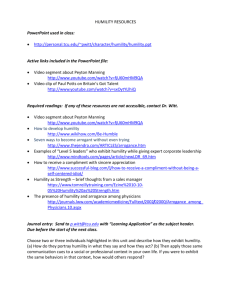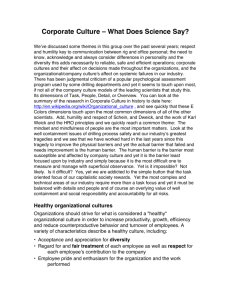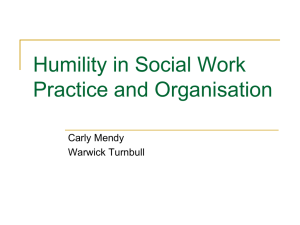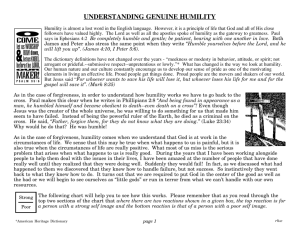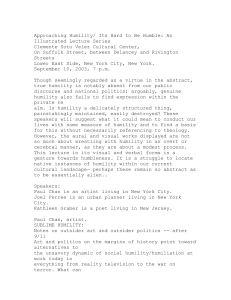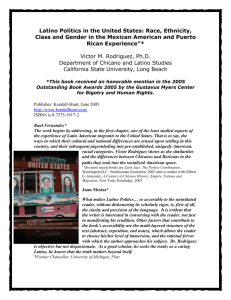Cultural Humility with Latino Cultures
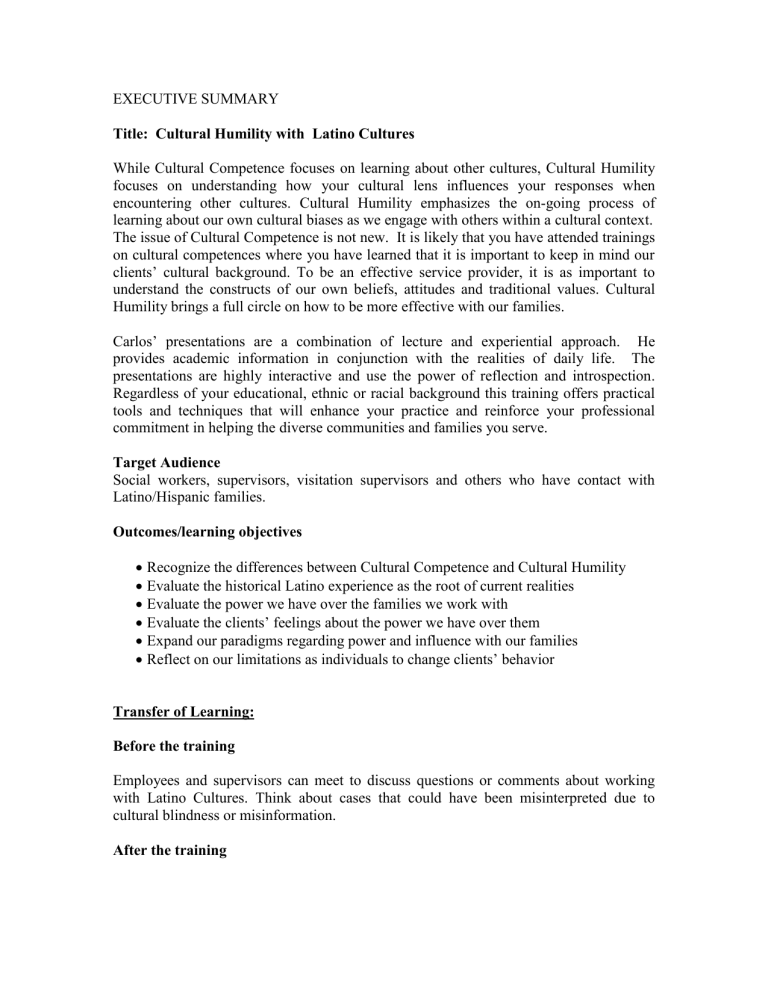
EXECUTIVE SUMMARY
Title: Cultural Humility with Latino Cultures
While Cultural Competence focuses on learning about other cultures, Cultural Humility focuses on understanding how your cultural lens influences your responses when encountering other cultures. Cultural Humility emphasizes the on-going process of learning about our own cultural biases as we engage with others within a cultural context.
The issue of Cultural Competence is not new. It is likely that you have attended trainings on cultural competences where you have learned that it is important to keep in mind our clients’ cultural background. To be an effective service provider, it is as important to understand the constructs of our own beliefs, attitudes and traditional values. Cultural
Humility brings a full circle on how to be more effective with our families.
Carlos’ presentations are a combination of lecture and experiential approach. He provides academic information in conjunction with the realities of daily life. The presentations are highly interactive and use the power of reflection and introspection.
Regardless of your educational, ethnic or racial background this training offers practical tools and techniques that will enhance your practice and reinforce your professional commitment in helping the diverse communities and families you serve.
Target Audience
Social workers, supervisors, visitation supervisors and others who have contact with
Latino/Hispanic families.
Outcomes/learning objectives
Recognize the differences between Cultural Competence and Cultural Humility
Evaluate the historical Latino experience as the root of current realities
Evaluate the power we have over the families we work with
Evaluate the clients’ feelings about the power we have over them
Expand our paradigms regarding power and influence with our families
Reflect on our limitations as individuals to change clients’ behavior
Transfer of Learning:
Before the training
Employees and supervisors can meet to discuss questions or comments about working with Latino Cultures. Think about cases that could have been misinterpreted due to cultural blindness or misinformation.
After the training
Discuss the concepts learned in training and explore ways of implementation. Also share the knowledge with colleagues and encourage others to practice Cultural Humility concepts in their lives. Supervisors can ask the participants if they have become more aware about their biases and how they can prevent negatively impacting their families.


